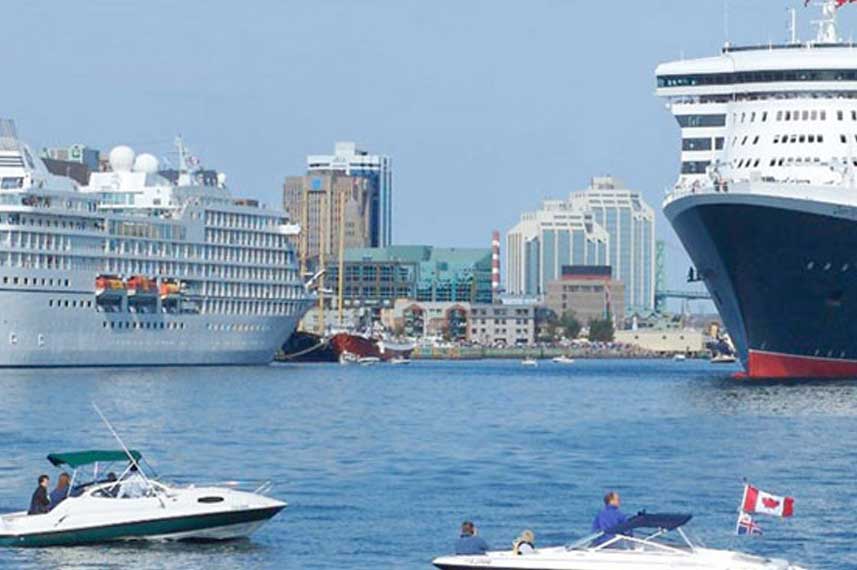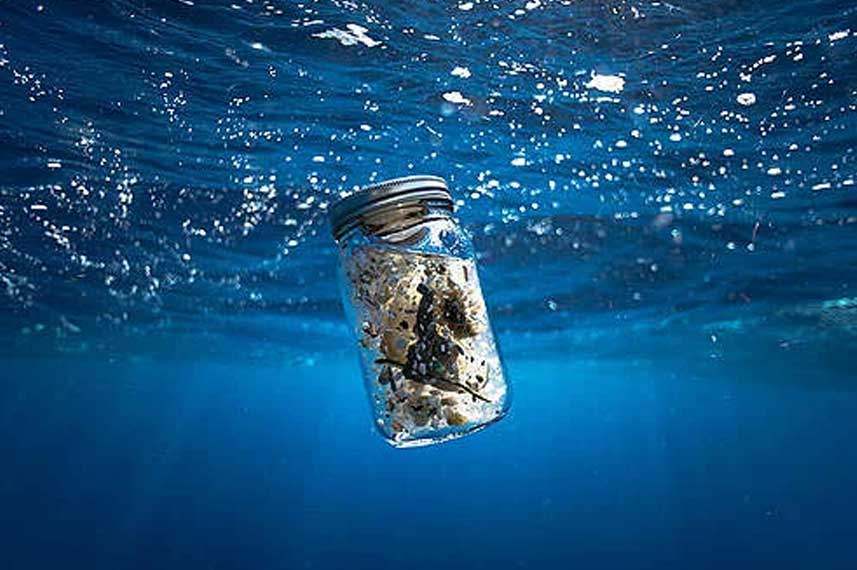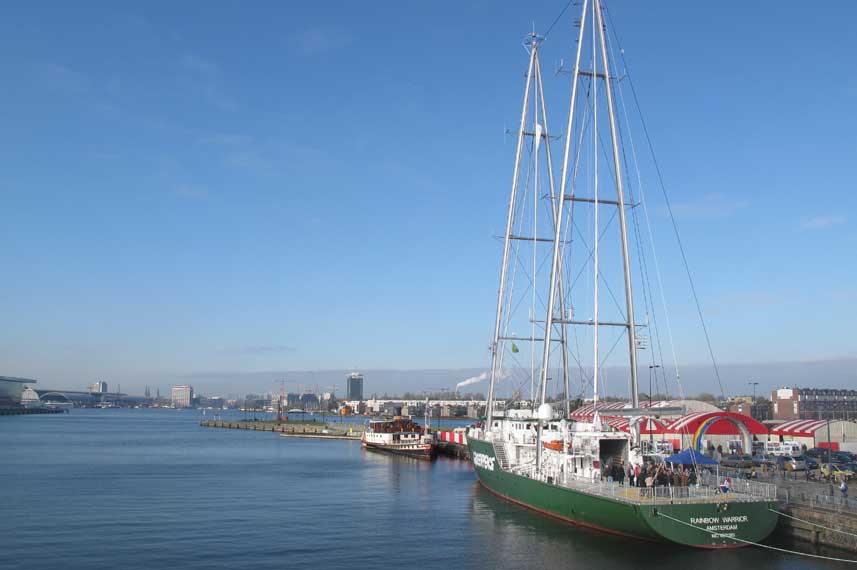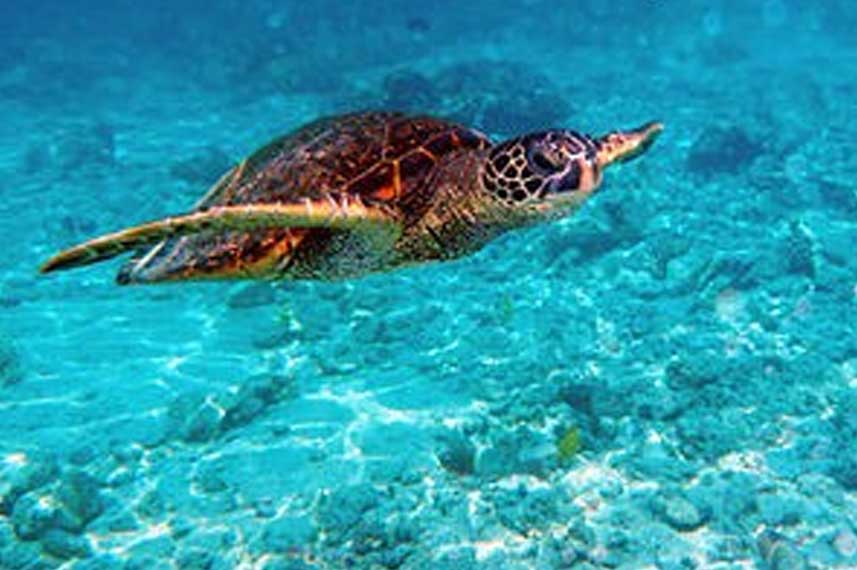How environmental activism triggered a complex trademark dispute
The following article was featured as a cover story in the March 2011 issue of India Business Law Journal. It is written by Rebecca Abraham.
Defamation suits, as any litigator knows, are not for the faint-hearted. So it was just as well that the first time an Indian court was asked to rule on a question of trademark infringement twinned with defamation, the defendant in question was Greenpeace, an environmental group synonymous with bold, headline grabbing campaigns.
The lawsuit was initiated by Tata Sons, the owner of India′s most valuable – and possibly best protected – trademark, following the launch in May 2010 of a Pac-Man style game called “Turtle vs Tata” on Greenpeace India′s website. The game not only uses the Indian company′s “TATA” mark and a stylized version of its “T within a circle” device, but also contains references to “Tata demons”.
Fighting back
On 14 July 2010, Tata, which has frequently fought back against less blatant intrusions, requested an injunction against Greenpeace and damages of Rs 100 million (US$2.2 million) in Delhi High Court. Tata was represented by Anand and Anand, one of the country′s best known intellectual property law firms.
At first Tata argued that the unauthorized use of its trademark amounted to infringement. Elaborating on this in a subsequent submission to the court – filed after Greenpeace responded to its suit – Tata said the distinctive identity of its trademark was being tarnished. “The present suit has been filed to protect the business, prospects and reputation and goodwill of the plaintiffs,” Tata told the court.
However, these arguments failed to pass muster with the judge. On 28 January, Justice Ravindra Bhat dismissed Tata′s plea for a temporary injunction. Tata was quick to file an appeal, but what makes Justice Bhat′s 36-page judgment remarkable is how it traverses arguments raised by both parties and cuts through thickets of precedent before concluding that an injunction at this stage “plainly would not be in public interest”.
Disappointment and jubilation
As expected, reactions from the principal lawyers involved have been markedly different.
Saikrishna Rajgopal, the managing partner of Delhi based Saikrishna Associates, which represented Greenpeace, praises what he calls an “immaculately articulated” judgment that is “backed with perfect reasoning”.
But Pravin Anand, the managing partner of Anand and Anand, is clearly disappointed and says he was “very surprised” by it. “The balance is tilted against corporates,” he says, describing the implications of the ruling for Indian companies.
Other intellectual property lawyers have been watching the proceedings from afar. “Without doubt, the judgment is a welcome development in the evolution of law in India as it addresses issues that have hitherto not been the subject of judicial scrutiny,” says Nikhil Krishnamurthy, a senior partner at Bangalore-based Krishnamurthy & Co.
“The question of whether the law of trademark may be used to restrict public opinion is certainly a compelling one,” he adds.
The olive ridley turtle
While this dispute has just begun its meanderings through the Indian judicial system, its origins lie at the mouth of a little-known river on the east coast of India in Orissa. This is where Tata Steel, a member of the Tata group, is building Dhamra port in a 50:50 joint venture with Larsen & Toubro, one of India′s largest engineering companies. The port is being developed by the two companies on a build-own-operate-share-transfer basis.
Environmental groups, including Greenpeace, have long opposed the port′s construction as it lies close to an ecologically sensitive area that includes one of the largest nesting grounds in the Indian Ocean of the olive ridley turtle. This species of turtle is considered endangered and is protected under both Indian law and international conventions.
The developers have consistently said that they have received all the necessary clearances from government authorities. They also say that Dhamra has been designed to be an eco-friendly port and that all possible measures are being taken to minimize any impact on the endangered turtles.
Indeed, one of Tata′s submissions to Delhi High Court included the following quote from an August 2010 report by the Central Empowered Committee, which was constituted by the Supreme Court to monitor compliance with its orders concerning forests and wildlife: “Details of the monitoring reports do not so far indicate any adverse impact of the Dhamra Port Project on the wild life and its habitats including the olive ridley turtles.”
Unfair target?
So, when on the 30th anniversary of the iconic Pac-Man video game, Greenpeace launched its own version of the game targeting Tata, one of the many questions Tata asked was “why us?”
Tata owns only 50% of the port, but appeared to be the sole target of the campaign against it. It saw this as evidence of Greenpeace intentionally targeting and maligning it and said that this “amounts to defamation in the form of libel”. In its response to Greenpeace′s statement to the court, Tata said “the very title of the game ‘Turtle vs Tata′ plainly states that Tata is the sole and deadly enemy of the turtles.”
Answering this specific charge, Greenpeace said it was targeting Tata because the Tata group of companies was expected to be the main beneficiary of the project. “Even though it is a joint venture … Larsen & Toubro was pretty much just the constructor of the port,” Ashish Fernandes, an oceans campaigner at Greenpeace India, told India Business Law Journal.
The right to parody
While denying that it had infringed Tata′s trademark, Greenpeace said it had created the game to raise public awareness about the dangers the project posed to marine life in the area. The group justified its actions both on the grounds of freedom of speech and section 29(4) of the Trade Marks Act, 1999, which it says allows the use of a trademark for criticism, fair comment and parody if it is with due cause.
Greenpeace also argued before the court that Tata′s lawsuit was “really intended to be one for alleged defamation rather than infringement of trademarks” and that Tata was invoking trademark law to “muzzle fair criticism and opinion.”
While pointing out that under the Trade Marks Act, the dilution or tarnishing of a trademark could happen only in the course of trade, Greenpeace argued that Tata had provided not a “whisper of averments” to substantiate any of its claims.
Tata responded by telling the court that without the use of its trademark, Greenpeace “would have found it impossible to lure people to visit their website and play the game.” It added that with each new visitor, the website′s value and its capacity to attract donations increased.
But in its judgment, the court stated that the environmental group was not “involved in any profit making endeavour or competitive business with the plaintiff.”
Hyperbolic arguments
The argument that someone else′s trademark may be used for the purpose of parody is not new. Indeed, Greenpeace was able to cite a South African judgment – Laugh It Off Promotions CC v Freedom of Expression Institute – in support of its case. This judgment vacated an earlier injunction that had been granted to a South African brewer preventing an individual from selling T-shirts bearing parodied images of its brands.
Anand, however, believes that Greenpeace was not justified in using the parody argument. “A parody assumes that there is a distortion, but the trademark TATA or the ‘T within a circle′ device was not distorted in this case,” he says. “It was used in its entirety.” To defend the use of the term “Tata demon”, which Rajgopal admitted was his firm′s “greatest challenge”, Greenpeace′s lawyers turned to the concept of hyperbole, or exaggeration. They told the court that “the juxtaposition of the word ‘Demons′ with ‘TATA′, and indeed with reference to the project itself, is merely hyperbole.” They added that the word demons had been an “overtly emphatic expression” which was used to make a strong impression, and that as such it was not defamatory.
Another factor considered by the court was the significance of the game being available on the internet. Tata argued that the damage to its reputation “is continuing and spreading every minute that the game stays online,” and that as a result, an injunction should be granted.
But Justice Bhat saw it differently. “Does internet use, for posting or publishing libellous material, call for a different standard?” he asked.
While pointing out that the “publication of a libel even to one” is sufficient to justify a suit for damages, the judgment noted that whether such information is published on the internet or in any other media does not affect the process of determining whether it is libellous.
The medium used for publication would come into consideration only at the time of assessing the value of any damages.
The Bonnard rule
That time has yet to come. Indeed, it may never come. For while Tata′s attempt to get a permanent injunction and damages against Greenpeace continues, its case to secure a temporary injunction has so far failed.
In dismissing Tata′s request for a temporary injunction, Delhi High Court followed precedent set in 1891 in Bonnard v Perryman. This case was an appeal against an interim injunction that had been granted to block the publication of an allegedly libellous newspaper article. The writer vehemently defended the accuracy of the article, and as a result, the court decided that granting an injunction before it had been determined whether the article was libellous was premature.
“Until it is clear that an alleged libel is untrue, it is not clear that any right at all has been infringed; and the importance of leaving free speech unfettered is a strong reason in cases of libel for dealing most cautiously and warily with the granting of interim injunctions,” the court said in Bonnard v Perryman.
Using the so-called “Bonnard rule”, which has been tested repeatedly and has so far withstood the test of time, Justice Bhat said that Tata′s allegations of defamation can only be tested in a trial. Granting an injunction at this early stage would “freeze the entire public debate on the effect of the port project on the olive ridley turtles′ habitat” and “would most certainly be contrary to established principles.”
Going to the wire
Tata refutes this logic. “I believe freedom of free speech and expression has its exceptions,” FN Subedar, the chief operating officer and company secretary of Tata Sons, told India Business Law Journal. “The virulent campaign launched by Greenpeace singling out the Tatas is clearly defamatory. It cannot be justified under the guise of free speech.”
Meanwhile, Fernandes at Greenpeace thinks the judgment sets an important precedent. “It is very important to have the judge very clearly make the point that even if a project is passed by statutory authorities, it doesn′t mean it can′t be criticized,” he says. As it stands, the judgment is being appealed before a division bench of Delhi High Court comprising Justices Vikramajit Sen and Siddharth Mridul. The first hearing took place on 23 February and it is set to continue on 5 April.
One thing both parties agree on is that these are early days. Rajgopal expects the case to “go to the wire”, meaning that the Supreme Court is likely to have the final say. “I always thought the case was like a tiger one had held by the tail and couldn′t let go,” he says, while admitting that he was unsure about his chances in the beginning.
“Certainly we will be [pressing on with the case],” says a determined Anand. But Rajgopal, who took the case on at a greatly reduced fee “for the sheer thrill of doing something so unique,” believes Greenpeace is in a stronger position thanks to Justice Bhat′s judgment.
Related Articles

Take a deep breath. Every second breath you take comes from the oceans. Oceans cover over 70 percent of the expanse on Earth and afford shelter to a multitude of lifeforms with whom we have the privilege to share this tiny blue dot we call home.

Identifying Conservation Needs in India's Offshore Waters
Examining the state of knowledge of ecological and biological aspects of India's Exclusive Economic Zone (EEZ).

A new Rainbow Warrior sets sail
The Earth has a new champion. In Bremerhaven, Germany, we′ve held the naming ceremony for the world′s first purpose-built, crowd-bought, eco-sleek sailing vessel, the new Rainbow Warrior. If you′re one

How environmental activism triggered a complex trademark dispute The following article was featured as a cover story in the March 2011 issue of India Business Law Journal. It is written